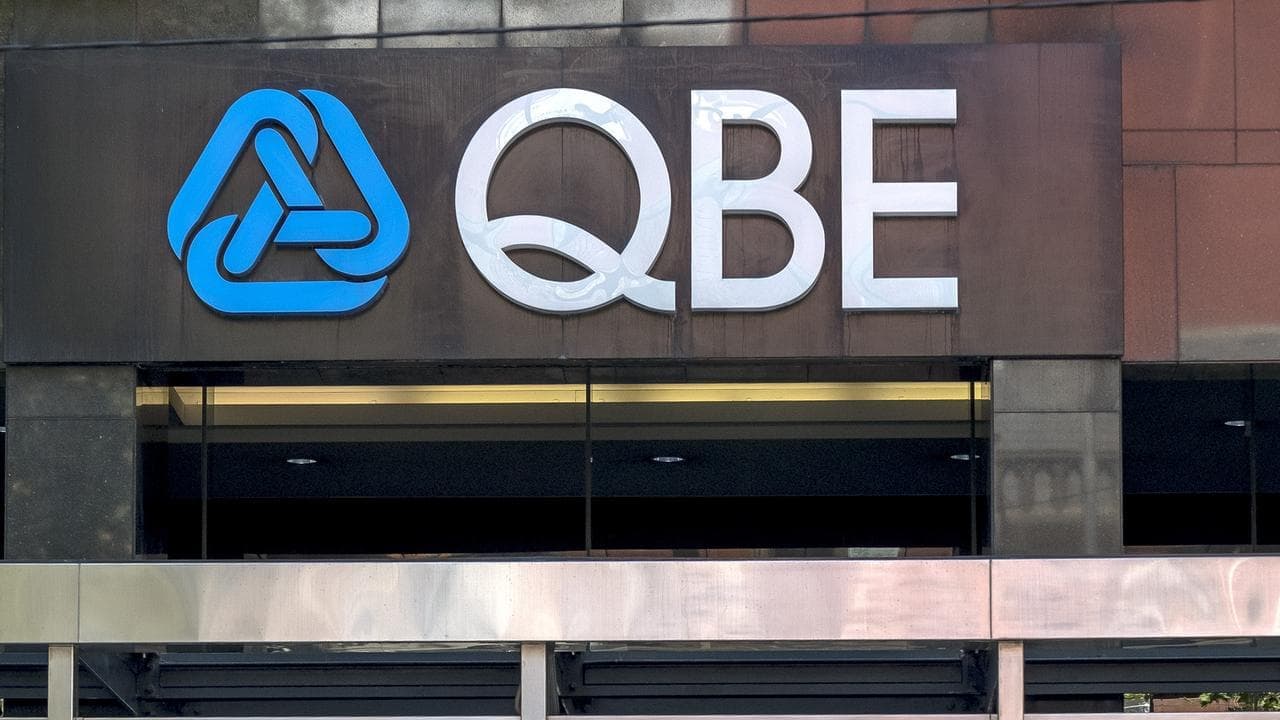WHAT WAS CLAIMED
People can use toll roads for free if there are no facilities at the entrance to pay with 'coins of the realm'.
OUR VERDICT
False. Australian legislation allows for electronic payment and there are no laws that coins and/or cash are the only legal tender.
A Facebook user has claimed to have found a legal loophole ensuring you will never have to pay for a toll road again.
In a Facebook reel, she claims that if there is no opportunity to pay with "coins of the realm" at the entrance to the toll, then the debt is officially "forgiven".
The claim is false.
The video features her posting what appears to be a stack of toll invoice envelopes marked R.T.S - "return to sender".
In the video captain, she claims: "Section 16 (Legal Tender) of the federal Currency Act 1965 … states, 'A tender of payment of money is a legal tender if it is made in coins that are made and issued under this Act and are of current weight.' Essentially, this means that items such as cheques, credit cards and especially toll tags are not legal tender. The only legal tender that can be used to pay debts is 'coin of the realm' - real money issued by the Government of Australia. The Currency Act 1965 is a federal Act and therefore overrides any conflicting state laws. So if a toll road operator has not provided facilities to collect such 'coin of the realm' at the entrance to a toll road, then a motorist can consider that the toll debt is 'forgiven' and he can proceed to drive on that toll road for free."
The post echoes the beliefs of the sovereign citizen movement, whose claims have debunked by AAP FactCheck including several about road laws - see here and here.
Multiple legal experts said the claim that road tolls are required to provide cash collecting facilities at their entrance is "nonsense."

Associate Professor Joe McIntyre, an expert in judicial studies at the University of South Australia, has carried out research into the sovereign citizen movement.
He said the post is "a classic example of pseudo-legal reasoning".
"..It looks like real legal reasoning, it follows the forms and structure of legal reasoning, but it is actually nonsense," Dr McIntyre said in an email. "It represents a form of magical thinking, 'if I follow a special secret recipe I can avoid the bad law'. … Unfortunately it has no basis in reality."
Dr Harry Hobbs, a constitutional and human rights lawyer and associate professor at UTS, told AAP FactCheck: "The idea that debts are not valid unless you can pay them in coin or currency like that, it's nonsense."
Mark Wellard, a law academic and associate professor at Southern Cross University agreed, describing the post as "misconceived".
The post bases its claim on the federal Currency Act 1965 and quotes correctly from the beginning of Section 16, which reads: "A tender of payment of money is a legal tender if it is made in coins that are made and issued under this Act and are of current weight."
However, it omits the sentences following which explains further that specific denominations of coins are restricted to a certain amount depending on the total amount being paid.

"The purpose of this provision - the 'mischief' in legal language - is to provide a limit on the use of coins to provide payments," Dr McIntyre said.
"It is designed to stop you taking a wheelbarrow of five cent coins in to pay for your weekly shopping. It is completely devoid of the function or implications represented in that (Facebook) quote."
Dr Hobbs agreed, noting the post cherry-picks existing legislation to make its claims.
"What people here have done is they've just identified one piece of legislation that sounds most relevant - the Currency Act - they haven't recognised there's a whole host of other legislation and regulation that governs payment in other forms of currency but also deal with the fact that you've got to pay your road tolls when you go on a road.
"The 'coin of the realm' I don't think is mentioned in section 16 of the Currency Act, so that's another kind of language that doesn't make sense. Australia isn't a 'realm'."
Among the other legislation governing payment is the Electronic Transactions Act 1999, which specifies in Section 8: "For the purposes of a law of the Commonwealth, a transaction is not invalid because it took place wholly or partly by means of one or more electronic communications."

Dr Sarah Moulds, a senior law lecturer at the University of South Australia, told AAP FactCheck via email that when someone purchases goods or services they are entering into a contract or legal transaction, but "the parties to that contract or transaction can determine the terms of the contract including conditions of payment".
Dr Wellard added: "If cash is not going to be accepted then this should be notified/made clear to the customer before point of sale/contract (otherwise the customer may be able to insist on paying in cash that is legal tender)."
Australia's last cash toll booth, Sydney's M5 South West Motorway, closed in 2013. The terms and conditions of payment for toll roads in Australia are set out clearly, examples here and here.
AAP FactCheck has previously debunked claims that businesses are required to accept cash payment.
The Verdict
The claim that a person can avoid paying if a toll road does not accept cash payments at the entrance is false.
Experts told AAP FactCheck that Australian legislation in 1999 specifically details that electronic transactions are valid as payment, and sellers are allowed to set and restrict the terms for payment as long as they're properly notified.
False - The claim has no basis in fact.
AAP FactCheck is an accredited member of the International Fact-Checking Network. To keep up with our latest fact checks, follow us on Facebook, Twitter and Instagram.












